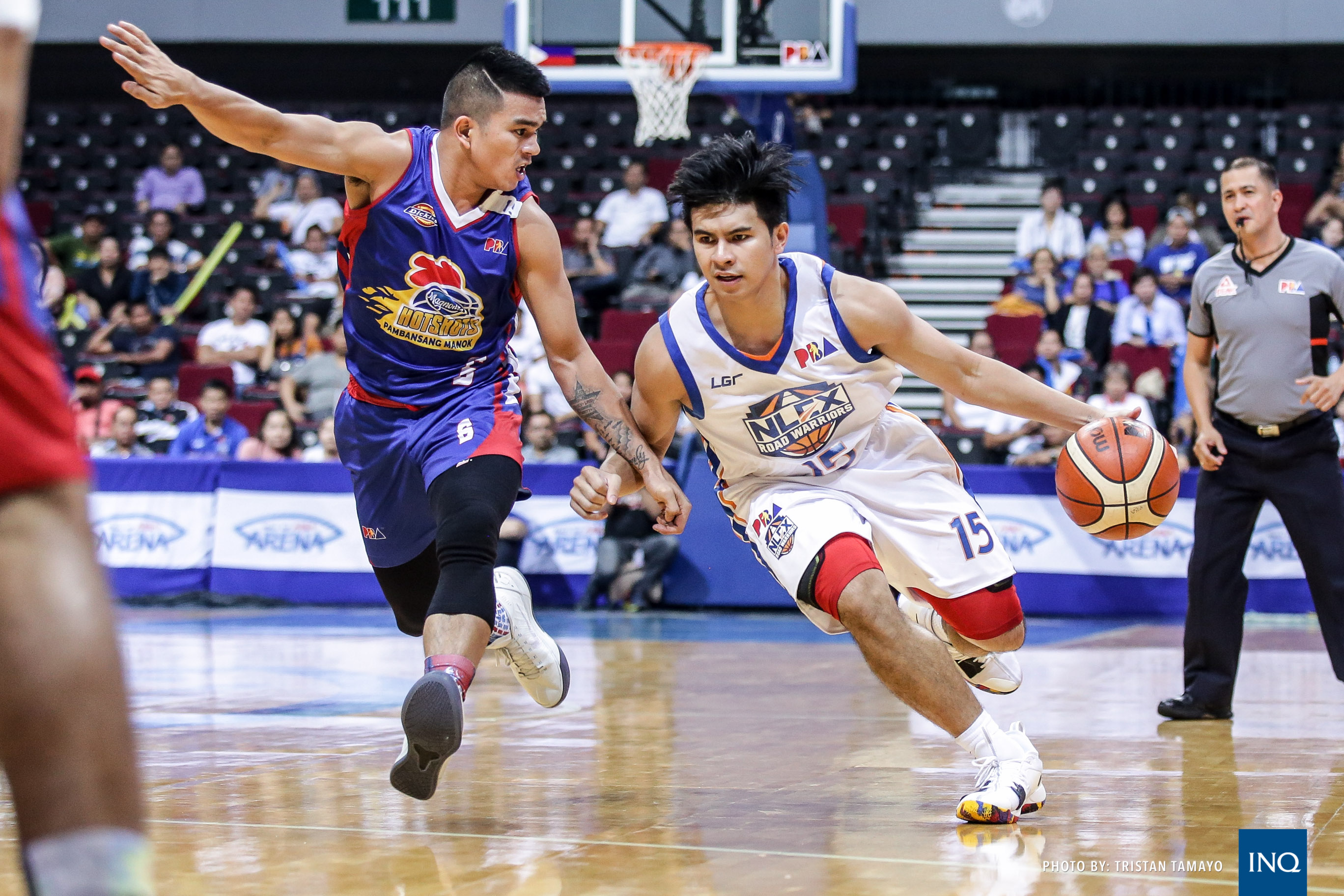What’s the rush to return to sports anyway? For a lot of people, the importance of games cannot be measured in tangible terms. What sports represents during this pandemic is a chance to move forward from one of the darkest chapters in recent history.
“I guess this is the sacrifice we have to make as basketball players,” said PBA rookie of the year winner CJ Perez of the Columbian Dyip. “I understand that playing again is more than just basketball now. We can give hope and inspiration to people with the entertainment that we provide.”
“More than anything else, we are doing this for the fans,” PBA commissioner Willie Marcial said. “That’s why we want to make sure we can keep as safe as possible.”
“Sports has always been the arm around the shoulder at the end of major trauma,” Andy Dolich, who ran business operations for the Memphis Grizzlies, Golden State Warriors, Oakland A’s and the San Francisco 49ers, told the New York Times in March.
But in that rush to return and calm everyone back to the normal life they once lived, there will always be an issue of safety. And without a vaccine, leagues will have to spell out what safety actually means when it comes to playing sports while the coronavirus pandemic continues unabated.
In the wake of the mounting deaths and rising plans to resume sports, the Inquirer polled over two dozen athletes to ask them if they would play even if no cure for the current pandemic is developed. A majority (64 percent) said yes. The positive response was a contrast to the uncertainty voiced by over two dozen athletes interviewed by the Associated Press (AP) on returning to action, with several of them wondering how risks can be mitigated.
“If the tests don’t come back for a couple of days and whatnot, how does that really work?” two-time Olympic champion ski racer Mikaela Shiffrin told AP. “It’s good to know if you test positive or negative. But if we’re talking about being tested today so we can race tomorrow, but the results don’t come back for two days, it doesn’t really help.”Ryan Zimmerman, a member of the World Series champion Washington Nationals, was adamant: “Someone is going to need to be able to assure us that the testing put forward will be able to catch this before it can cause some sort of outbreak among people in close quarters.”And all risks have to be studied and understood.
“Some players like Steve Nash used to lick his hands. Some people still have that in their routine. Some people wipe the sweat off their face and put it on the ball. It’s going to be weird how they try to control it, because we have to touch each other. And then you have to worry about the family members that we may be touching,” Bam Adebayo, an NBA All-Star with the Miami Heat, told AP.
“When that thing happened with [Rudy] Gobert and the [NBA’s Utah] Jazz, the whole sports world—maybe even the whole world—was like, ‘I got to take this serious.’ So we’re test-tube babies. That’s why it’s even that much more important that we take every precaution before we even think about coming back,” said Marcedes Lewis, a Green Bay Packers tight end entering his 15th NFL season.
Mika Reyes is willing to play, but wants leagues to make sure that everyone will be safe from the virus.
“[It all goes] back to the organization to make sure that everyone will be safe,” volleyball star Mika Reyes of Sta. Lucia Realty said. “[They have] to [initiate] protocols to make sure that nobody will be harmed. Not just us players but the officiating teams, the organizers and the coverage team. Everyone.”
After all, for all the safety measures leagues can put in place, the rising numbers of infection and fatality will always make even the bravest of athletes take pause.
“It’s really dangerous to risk the health of everyone knowing that the COVID-19 is still everywhere,” said Jaja Santiago of Philippine Superliga’s Chery Tiggo. “We don’t see or know who is the carrier of [the virus]. Even though we are quartered with teammates or roommates, we’re not 100-percent sure that we are safe with everything or everyone surrounding us.”
Here’s a much-needed assurance that players are seeking: That leagues are not into resuming just for the sake of resuming.
“In the face of global pandemic, to me, sports should not be the focus,” Kara Winger, a US record holder in javelin, told AP. “Being used as an experiment is OK with me if it helps the global population, but if the motivation is just to get back on the field of play, I don’t think that’s right.”After all, the opponent the world faces is something bigger than sports.
“We are eager to play and compete, but something in front of us is bigger than basketball,” NLEX hotshot Kiefer Ravena told the Inquirer.
The reason to return to sports must therefore outsize the hurdle it faces. —with a report from AP INQ


